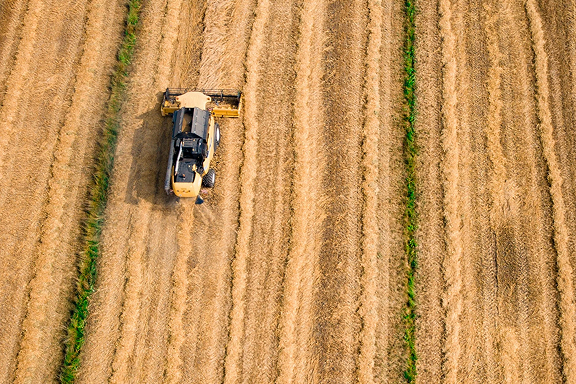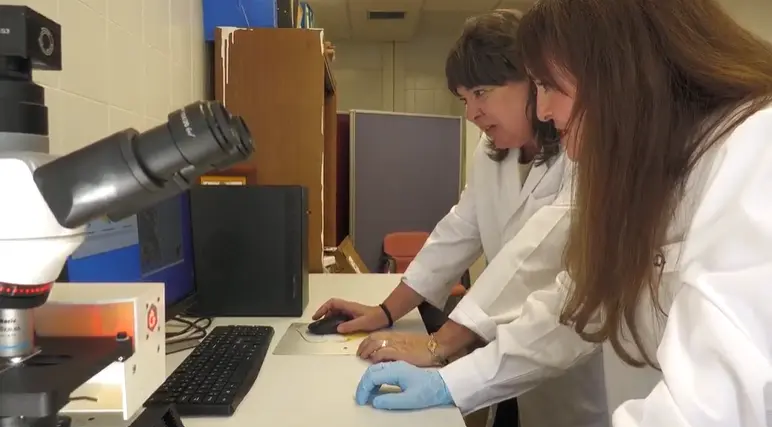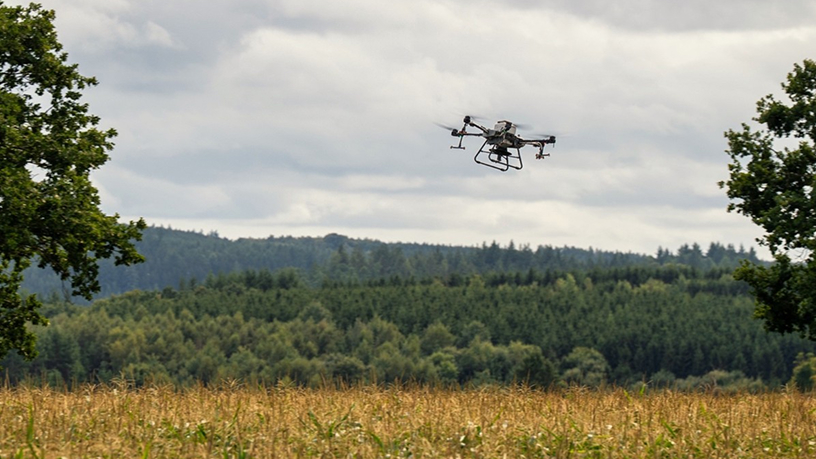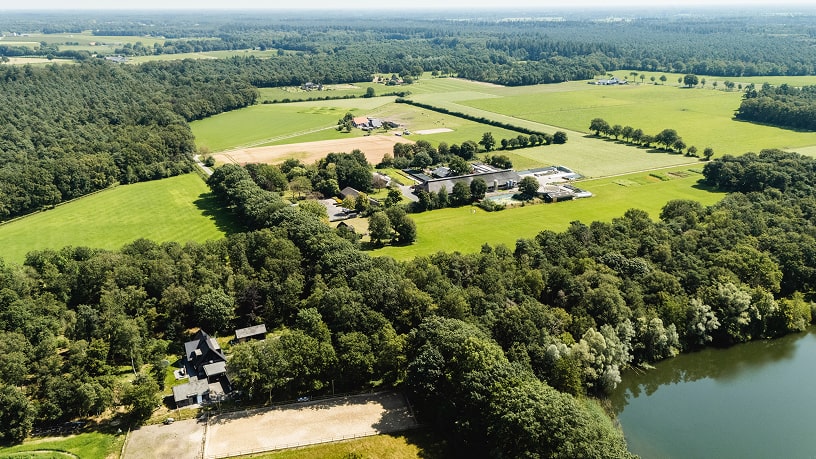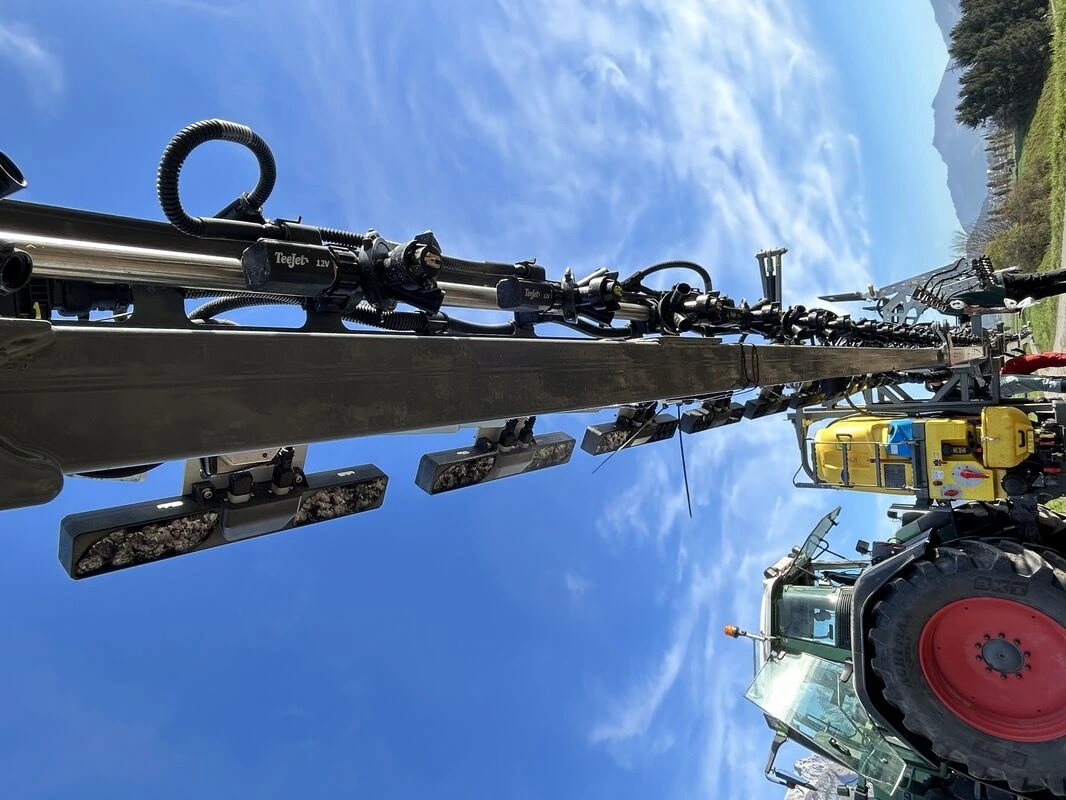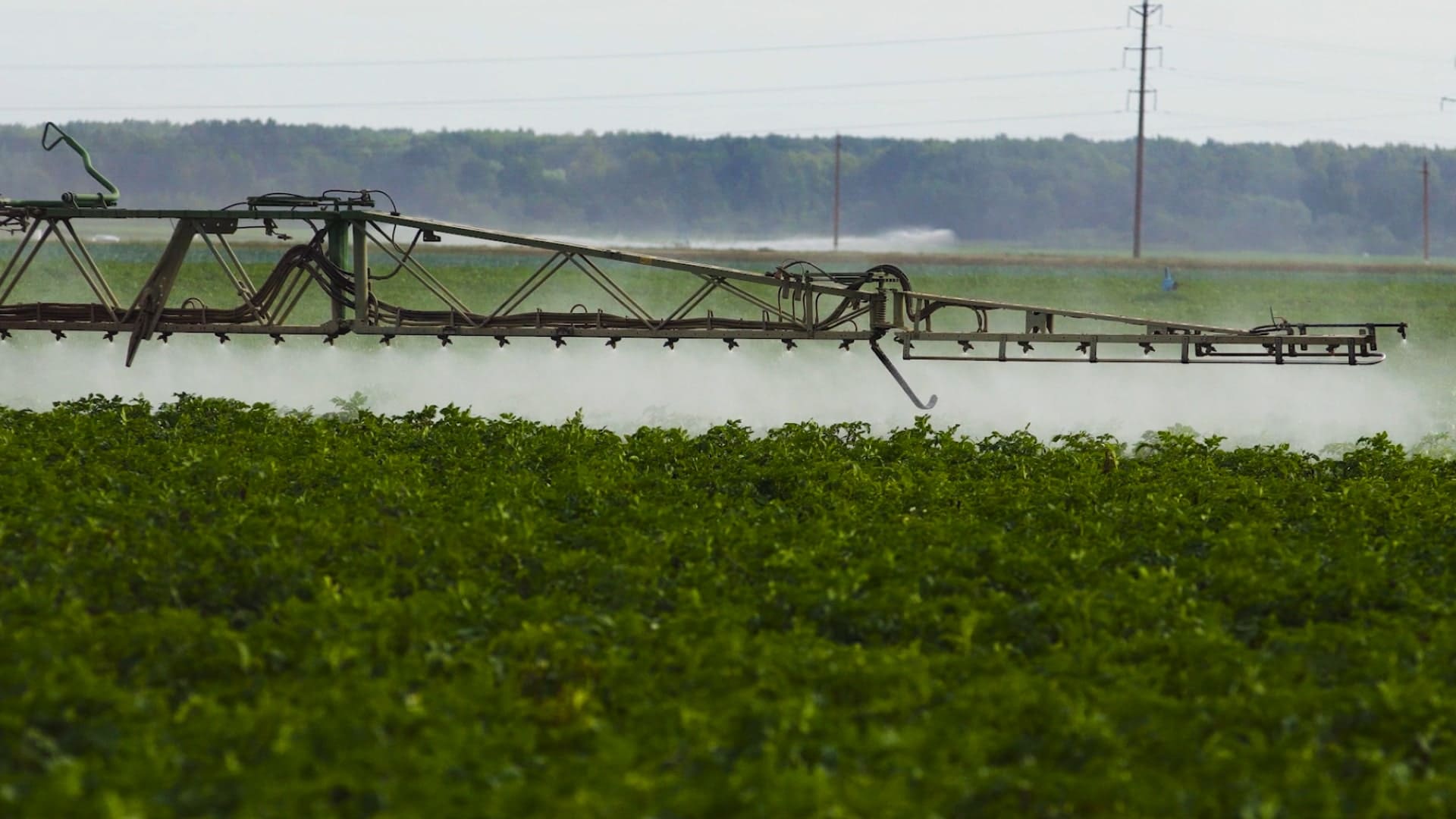Overview
The AI model training service in TEF infrastructure offers a powerful platform for developing cutting-edge artificial intelligence solutions in the agrifood sector. Leveraging high-performance computing resources, this service enables innovators to train AI models using diverse tabular data types. These include sensor readings (such as soil moisture, temperature, and nutrient levels), machine-generated data (from agricultural equipment and IoT devices), crop yield statistics, weather patterns, and supply chain metrics. Users can either provide their own datasets or utilise existing data within the TEF infrastructure (see Related Services). The service supports a wide range of AI frameworks and model architectures, allowing for flexible experimentation and rapid iteration. From predictive maintenance of farming equipment to optimising crop management practices, this platform accelerates the development of AI-driven solutions that address critical challenges in agriculture and food science, fostering innovation and efficiency in the industry.
More about the service
How can the service help you?
How the service will be delivered
Service customisation
- GRADIANT | Website
